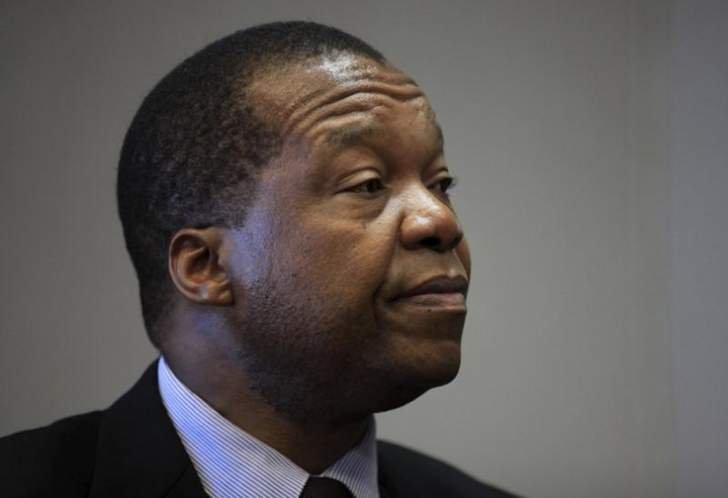- Economy
- No Comment
RBZ holds interest rates meeting as currency tanks; ZimDollar down 40% on black market

HARARE: Zimbabwe’s central bank will hold its first rate-setting meeting of the year next Monday as it seeks to deal with a currency rout.
The monetary policy committee will meet “to discuss interventions to deal with the current exchange rate and price instability,” Persistence Gwanyanya, a member of the MPC said in a post on X.
The local unit has lost about a third of its value against the dollar on the official market so far this year and more than 40% on the streets of the nation’s capital, Harare.
Central bankers have attributed the decline to increased dollar demand from civil servants being paid bonuses in December and the end of tobacco sales and a softening of global commodity prices, affecting inflows into the southern African nation.

Zimbabwe has been struggling to stabilize its currency since its return into circulation in 2019. In May through June last year it plunged about 85% before the liberalization of the exchange rate and a government order requiring all corporate taxes to be paid strictly in local currency helped spur the local dollar’s recovery.
The regular volatility has led citizens to favour the US dollar to pay for everything from food to fuel.
The American currency is used in about 80% of all transactions, with the balance done in Zimbabwe dollars, which stokes inflation as prices are heavily influenced by exchange-rate movements, Governor John Mangudya said in an interview last week.
Annual inflation quickened for a second straight month in December to 26.5%, even after the statistics office adjusted its price measure to better account for the use of dollars.
The central bank left its key interest rate unchanged at 130% in December, the highest in the world, a position it briefly ceded to Argentina until the South American nation last month changed its benchmark tool for monetary policy, replacing four-week notes with one-day transactions in a bid to lower borrowing costs.
